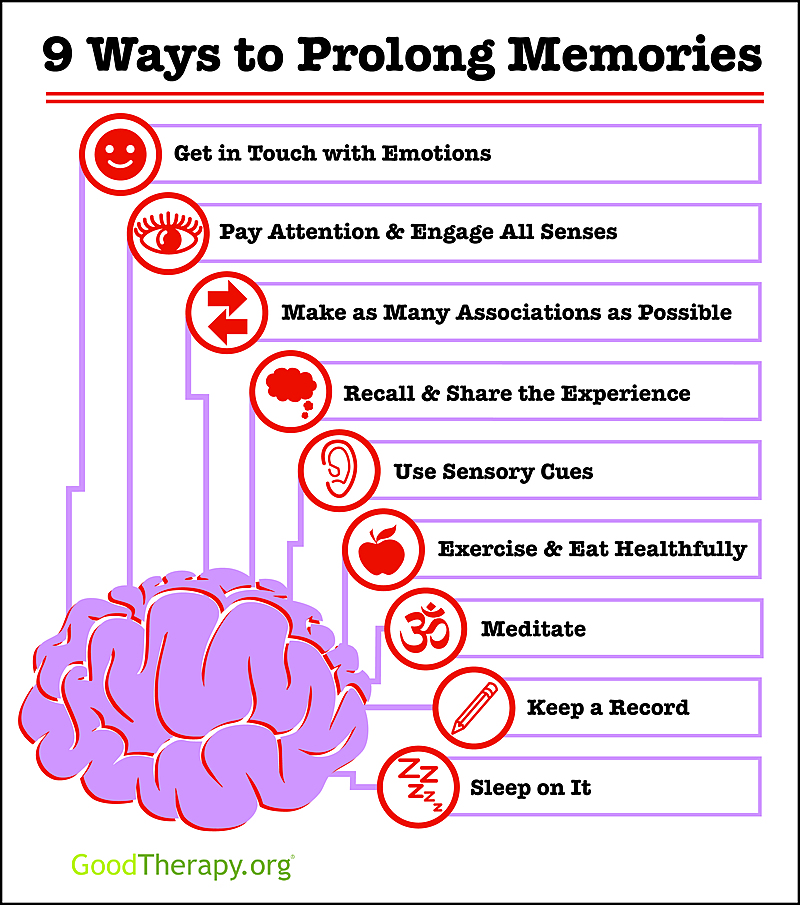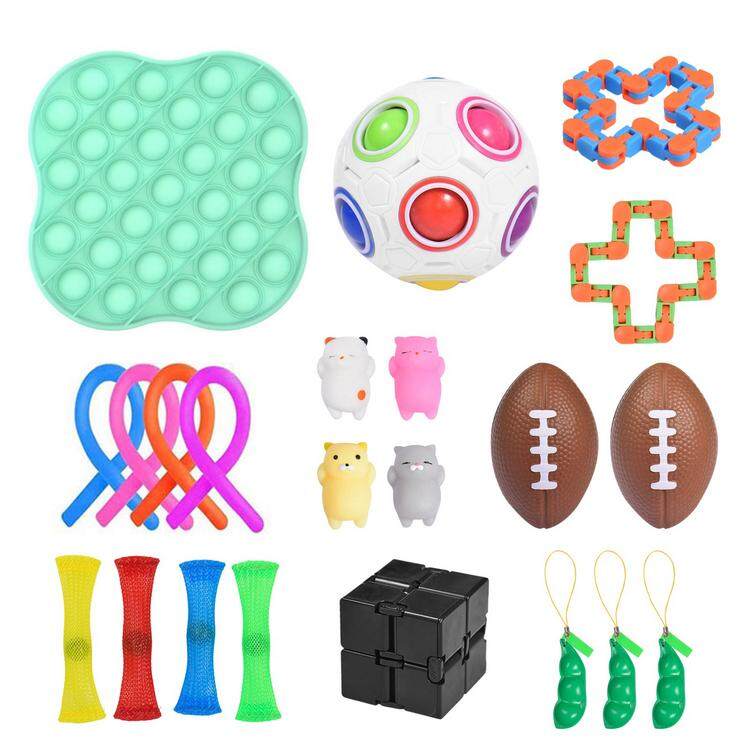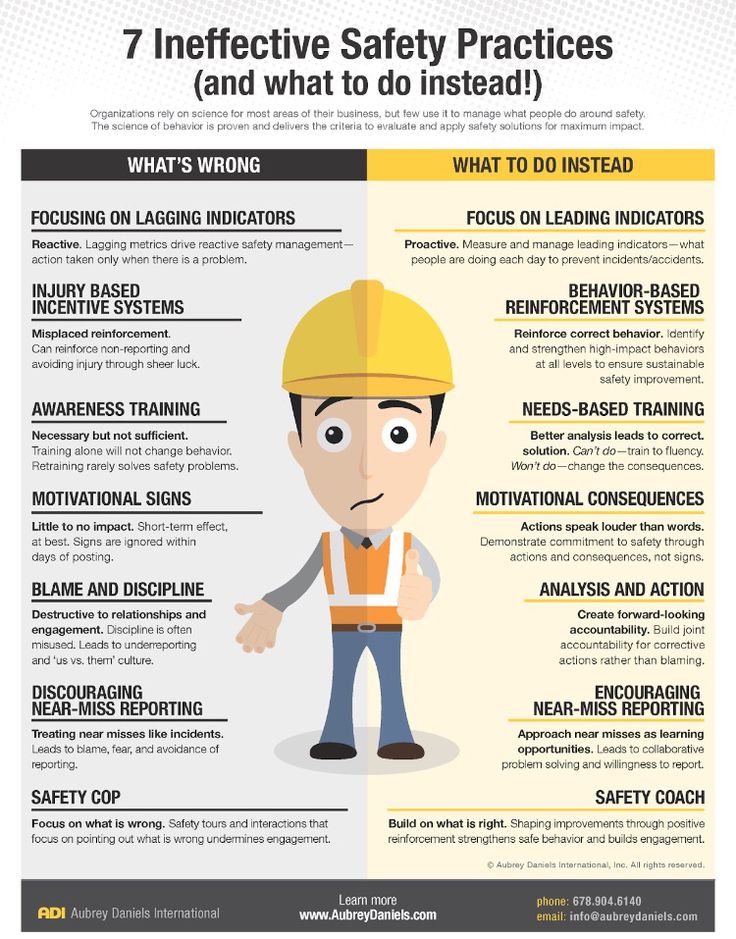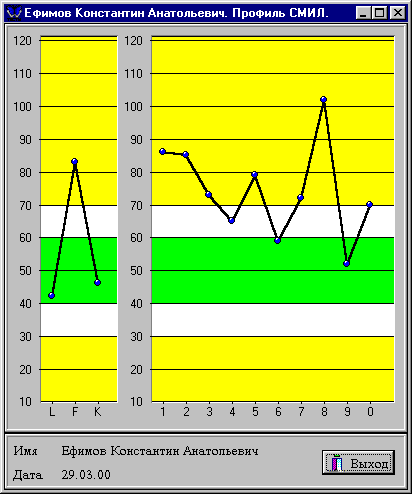Memory improvement strategies
Science-Backed Memory Tips and Recall Techniques
Memory plays an essential role in everyday life, enabling us to learn about the world around us and adapt accordingly. We use memory in every moment, whether it be for remembering our clients’ first names, studying for a nursing school exam, or countless other aspects of our work and life.
Information we take in goes through the three stages of memory: encoding, storage, and retrieval. The encoding process converts information into a construct stored in the brain. Then the information is stored as either a long-term memory or short-term memory. Finally, information is available to be retrieved from storage.
There are several ways to facilitate this process, protect against memory decline, and enhance our ability to retain information. Below, we outline strategies for boosting brain health, as well as specific techniques for memorizing and recalling information.
Tips for Memory Improvement
The best way to protect and improve memory is by making good lifestyle choices: exercising regularly, limiting stress, eating healthfully, and getting enough sleep. You can also keep the mind agile by learning a foreign language or playing brain training games to improve thinking skills and short-term memory.
- Exercise regularly: Exercise is one of the best things you can do to protect your memory. Regular aerobic exercise (cardio) appears to boost the size of the hippocampus, the area of the brain involved in verbal memory and learning. Regular exercise can also help you maintain a healthy weight, reduce stress, and sleep better, all of which are related to memory.
- Limit stress: Meditation and mindfulness are also great ways to reduce stress and improve sleep. Meditation has been shown to improve episodic memory, the memory of everyday events.
- Be conscious of what you consume: Not surprisingly, what you put into your body can also affect your memory. Consuming a balanced diet that includes healthy fats and natural sugar (glucose)—and limits saturated fat, refined sugar, and alcohol—may be best for promoting long-term memory function.

- Sleep: Sleep is critical, as it plays a role in consolidating of memories. Also, a lack of sleep can impair an individual’s ability to concentrate. You can improve sleep by exercising regularly, engaging in mindfulness/meditation, limiting alcohol, and avoiding caffeine in the afternoon and evening.
8 Memory Techniques for Retaining Information
When studying for an exam, preparing a presentation, or getting ready to deliver a speech, you will likely need to memorize information.
Before you start preparing, you can do several things to set yourself up for success. Try to avoid distractions while you’re studying, plan ahead so you don’t need to cram, and take study breaks. Evidence suggests that studying shortly before going to sleep, as well as sleeping between learning sessions, can help people retain information.
Below are 8 science-backed techniques for retaining information and improving recall and memory performance.
1.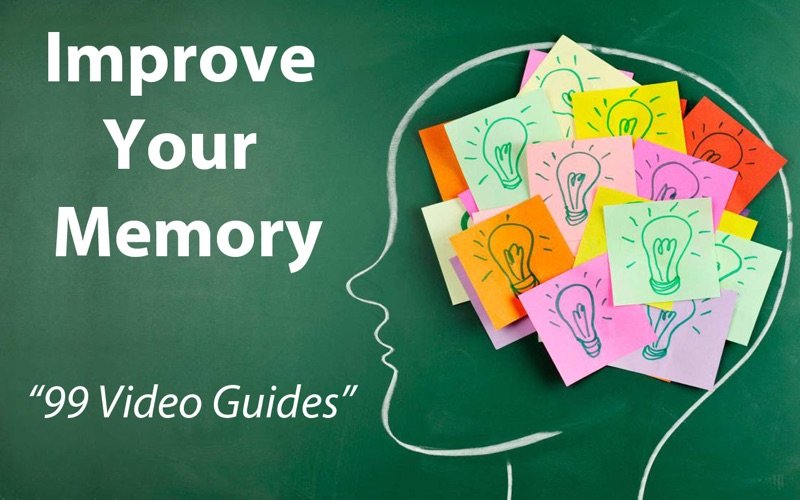 Organize the information
Organize the information
Start by outlining the information you will need to recall. Creating a detailed, but organized outline of the information allows you to highlight and focus on important concepts.
A useful organization strategy is the chunking method, which breaks down large amounts of information into smaller, logical units that are easy to understand. For example, when learning a foreign language, you can list vocabulary words in functional groups such as household items, animals, and occupations. Chunking is a valuable tool for memorization.
2. Make associations
Creating associations by drawing on existing knowledge is another helpful way to memorize information. You can create mental images and connect with sounds, smells, and tastes to help encode memories.
The Baker/baker paradox tells us that if two individuals are to remember that someone’s last name is Baker, they are much more likely to do so if they picture the person as a professional baker (i.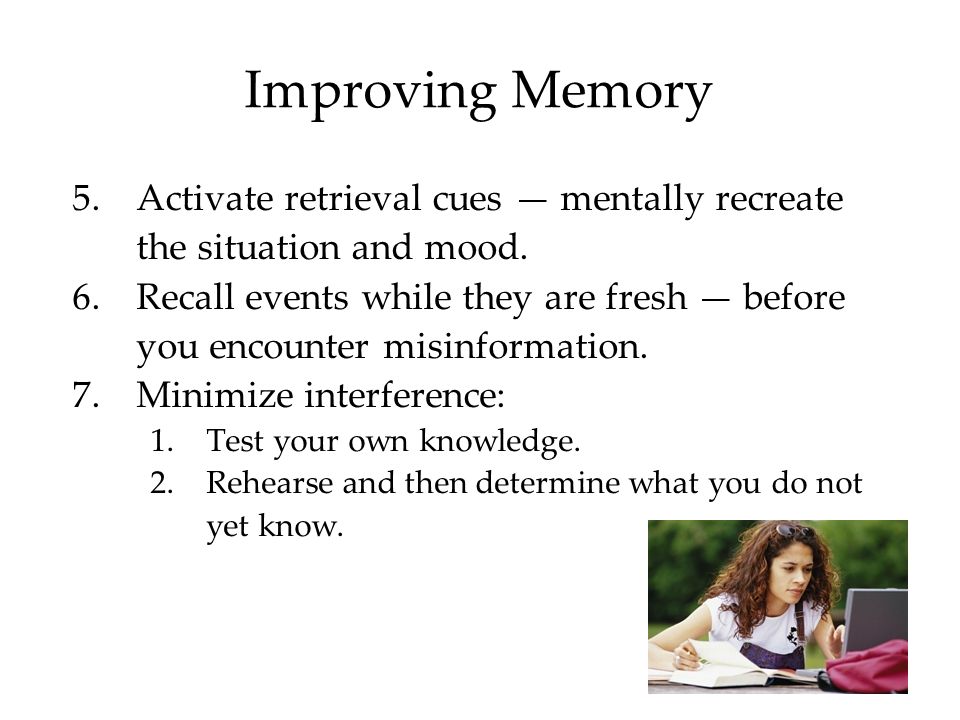 e., Mr. Baker wearing a chef’s hat). This is why developing a story is a powerful way to retain information. For example, if you want to remember that a client’s name is Sandy, you might picture her walking along a beach.
e., Mr. Baker wearing a chef’s hat). This is why developing a story is a powerful way to retain information. For example, if you want to remember that a client’s name is Sandy, you might picture her walking along a beach.
3. Use visual cues
Using visual tools such as concept maps, graphs, illustrations, and photos can be beneficial for learning. Graphs and charts also simplify information, making it easier to comprehend and later recall.
This method can be beneficial to visual learners, meaning individuals who better conceptualize information they can see. It’s also a great technique for presenters who can use visuals in their slide deck as retrieval cues.
Aside from being a great memory technique for retaining information, visual cues are also great for boosting spatial memory. Research has shown that visual cues have helped spatial navigation among AD and MCI patients.
4. Create mnemonics
Using mnemonic devices, such as acronyms, acrostics, and rhymes, is a good way to memorize information long-term.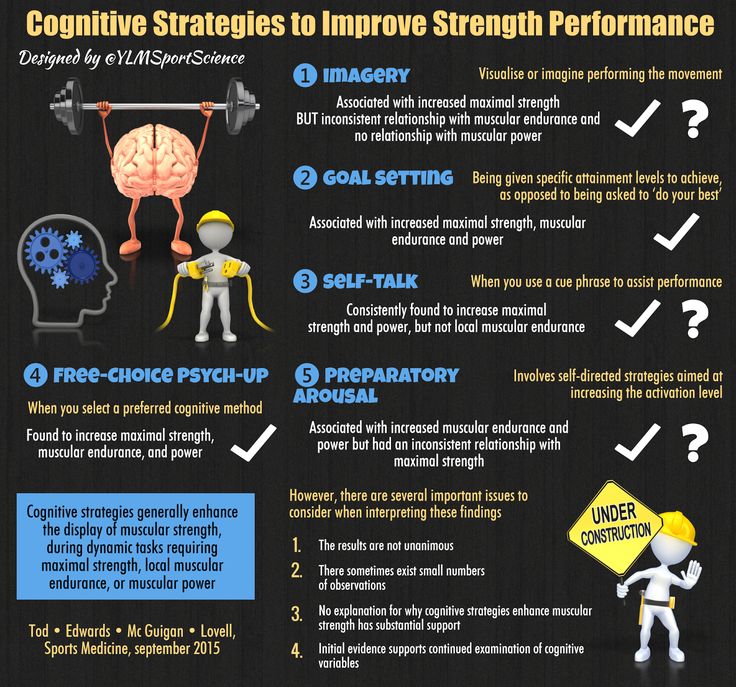 For example, do you remember what year Columbus landed in America? You likely do if you ever learned the rhyme, “In 1492, Columbus sailed the ocean blue.” So if you need to remember a series of numbers for work, you might consider coming up with a creative rhyme.
For example, do you remember what year Columbus landed in America? You likely do if you ever learned the rhyme, “In 1492, Columbus sailed the ocean blue.” So if you need to remember a series of numbers for work, you might consider coming up with a creative rhyme.
For more visual learners, another mnemonic device you can use is building a memory palace. A memory palace is an imaginary place (it can be a house or a familiar venue) where you can store mnemonic images. The idea behind this is you take a journey in your mind to recall the information. Some contestants in the World Memory Championship would even incorporate a story method with their memory palace.
5. Write it down
It turns out that some things are just better done the old-fashioned way. Researchers have found that writing down information by hand is more effective than typing for learning concepts. Because it takes longer to write by hand, you are naturally forced to be more selective with what you write and focus only on the key information.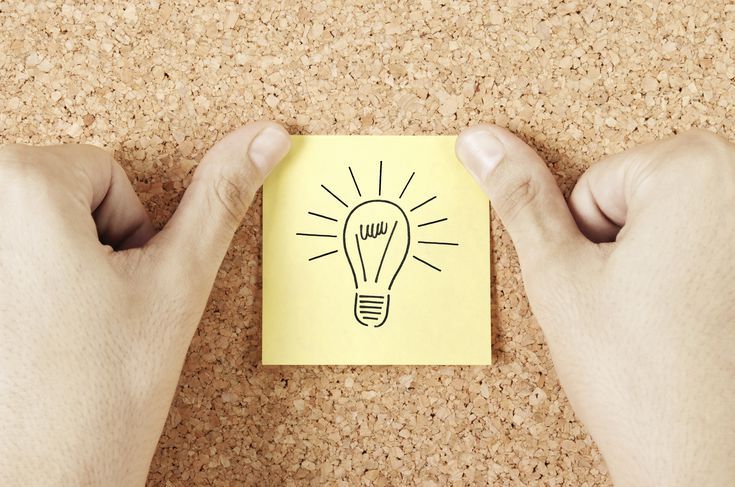 In fact, less is more when it comes to note taking. One study showed that the more words students wrote down verbatim when note taking, the worse they performed on recall tests.
In fact, less is more when it comes to note taking. One study showed that the more words students wrote down verbatim when note taking, the worse they performed on recall tests.
6. Say it out loud
When you need to remember new information, it’s helpful to read it aloud. One study determined that the dual action of speaking and hearing ourselves talk helps get words and phrases into long-term memory. This study, among others, confirms that memory benefits from active involvement.
7. Engage in active recall
Testing yourself forces you to pull information from your memory. Flashcards are a great way to self-test. Studies show that retrieval practice can greatly enhance recollection than simply restudying materials. This is likely a very effective way to commit things to memory because of the significant extra effort involved.
8. Rehearse
Practice really does make perfect. Rehearse information over and over, either by writing it down or reading it aloud.
Studies suggest that spaced repetition—spacing out learning over a longer period of time—is a more effective way to memorize information than trying to “cram” a lot of information into your brain over a short period of time.
All of these memory techniques are not only backed up by science, but even memory champions can attest to their efficacy. Even if you aren’t a memory athlete, these memorization techniques can help you at school or at work. Check out our posts on effective study techniques and learning from home for further information.
Sources:
Indeed Editorial Team. Indeed. “Nurse Practitioner vs. Family Nurse Practitioner: Definitions and How They Differ.” May 13, 2021. https://www.indeed.com/career-advice/finding-a-job/fnp-vs-np. Accessed: January 26, 2022
Karpicke, Jeffrey D. and Henry L. Roediger III. “The Critical Importance of Retrieval for Learning.” Science 319, no. 5865 (February 2008): 966–968. doi: 10.1126/science.1152408.
Trafton, Anne.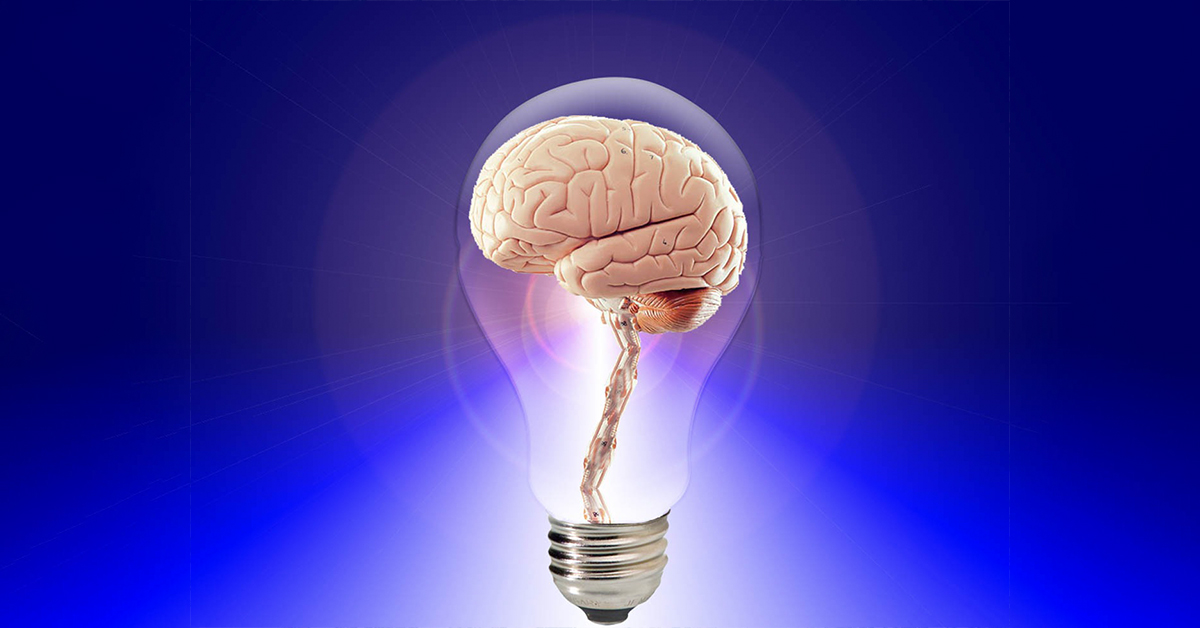 “In the blink of an eye.” MIT News. January 16, 2014. https://news.mit.edu/2014/in-the-blink-of-an-eye-0116. Accessed: January 26, 2022
“In the blink of an eye.” MIT News. January 16, 2014. https://news.mit.edu/2014/in-the-blink-of-an-eye-0116. Accessed: January 26, 2022
How to Improve Your Memory
As a student, studying for exams is a regular part of college life. While it may be difficult to remember all of the new information that you have learned, there are many techniques out there that can help you improve your memory. So before you take your next exam, try implementing one of the following memory strategies to help you study more effectively!
What is Memory Strategy?
A memory strategy is a technique that you can use in order to help improve remembering information that you have learned. There are many techniques out there that you can learn, both internal and external.
External vs Internal Memory Strategies
External memory strategies refer to everyday objects that we use in order to remind us to do things. These could be calendars, to-do lists, written reminders, or even putting things in places that we often check, such as the fridge.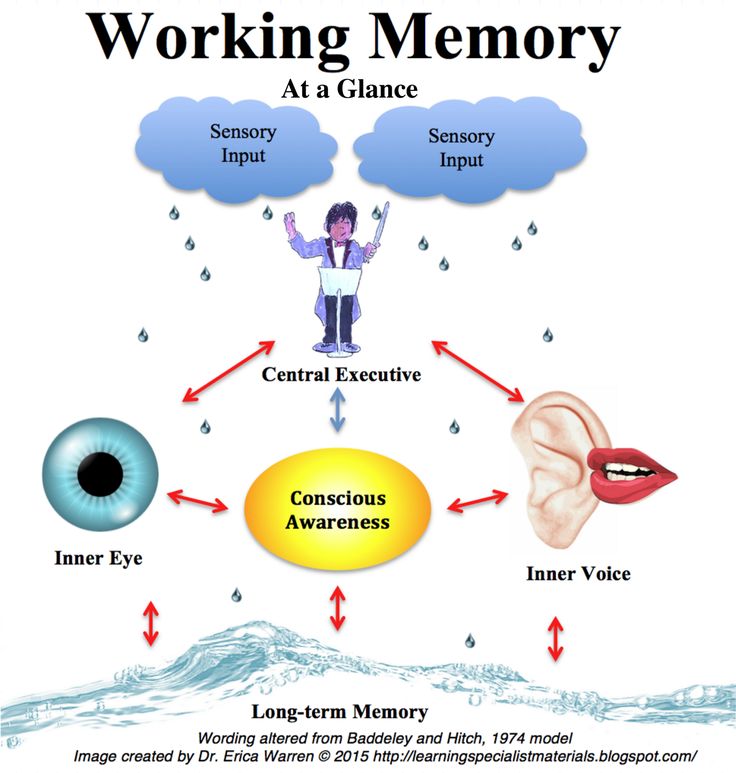
Internal memory strategies are mental techniques that we use to train our brains to remember information that we have learned. Internal memory strategies are what you will need in order to better remember the material that you studied before taking a test.
Let’s take a look at some useful internal memory strategies the next time you have an important test coming up!
Memory Strategies
Photo by
Craig Adderley from Pexels1. Understand the Material
Before you even start memorizing your study material, you need to understand it. Do this by finding a connection between your study materials and something you have already experienced. The more you can relate the material to what you already know, the easier it is to learn and remember.
2. Have The Right Study Environment
Paying attention is incredibly important when studying. Without paying attention, you will not be able to process the concepts you are learning.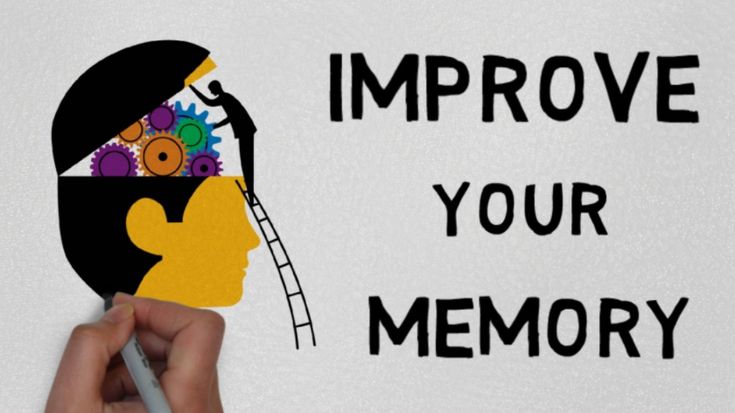 Something that greatly affects your attention is the environment in which you are studying. Make sure you study in an environment that is free from distractions such as television, music, and loud talking.
Something that greatly affects your attention is the environment in which you are studying. Make sure you study in an environment that is free from distractions such as television, music, and loud talking.
This also means not being distracted by other people. If you have a roommate, you may want to ask them to give you some privacy. If you have children, ask your partner or a friend if they could take them out so that you can focus on your work.
3. Space Out Your Work
Make sure that you do not cram too much work into one study session. When scheduling your study slots, stretch out your work over numerous days.
Be sure to only focus on small quantities of material at a time. The fewer new concepts you need to learn in each study session, the easier it is to remember the information.
4. Repetition
As the saying goes, practice makes perfect!
In order to truly master a new concept or skill, you need to practice it over and over again. Doing so will help you store this material in your long-term memory. You can practice this material in a number of ways, including writing, saying, or drawing the information.
You can practice this material in a number of ways, including writing, saying, or drawing the information.
5. Organize Your Learning Material
Understanding a concept becomes easier when you understand where it fits in the bigger picture. This means grouping related concepts together. You can do so by showing the relationships between items using graphic methods such as Venn diagrams and mind maps. This strategy also helps you to understand each concept’s relevance.
6. Use Mnemonic Methods
Come up with a rhyme, joke, or song to remember some concepts. If the method you use is catchy, it will become much easier to remember the concept. It is also easier to remember concepts when they are associated with something you are familiar with.
7. Think in Pictures and Colors
Many people are visual learners. If you are, try to visualize the material that you are studying. You can do so by paying attention to the photographs and other graphics that appear in your textbook.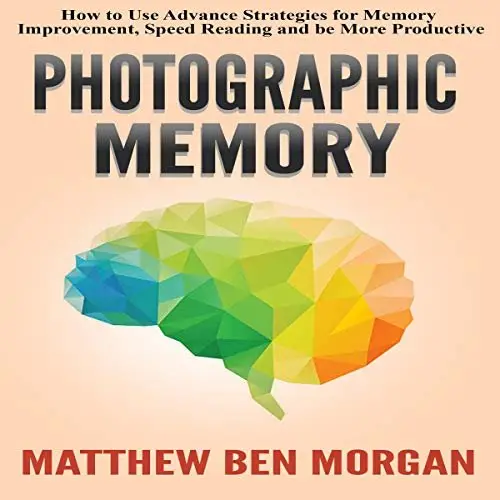
If there are no graphics in your textbook, you can make graphics of your own. Draw pictures and diagrams to accompany your notes, or use different colors to highlight important points and group related concepts together.
Using pictures and colors can make seemingly boring material more interesting and memorable.
8. Association
If the material is unfamiliar, think about how it relates to things that you already know. Try to establish a connection between the study material and people, places, situations, or feelings that you are already familiar with.
This gives the new material context, and make it easier to remember as you think about the things that you are already familiar with.
9. Acronyms
An acronym is a word that is made up of the first letters of a group of words.
If you have a list of terms that you need to remember, making an acronym is an effective study technique. By using an acronym, you will immediately be reminded of the first letter of each term, thereby making it easier to remember the entire list.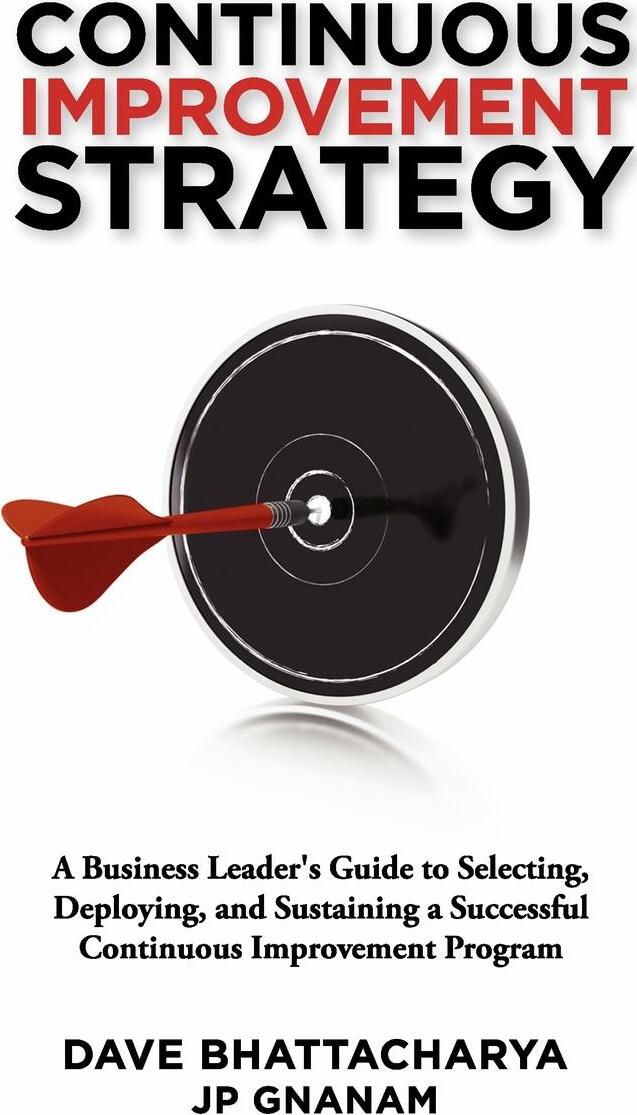
10. Talk About What You’ve Learned
Just like you have visual learners, there are also people who learn through talking. Speak to a friend or family member about the concepts you’ve learned. By having a debate or a two-way discussion with them, you will be able to speak about the topic on a deeper level and develop a better understanding of it.
There is also research that suggests that simply talking about the information aloud will help you memorize it, even if you do it alone.
11. Storytelling
Write a story focusing on the key points of what you’re learning. As you write the story, arrange what you’ve learned in a logical sequence so that you do not miss anything out. When you retell the story, each part of it will trigger your memory and remind you of what comes next.
12. Vary Your Study Routine
Studying in the same place at the same time during each study session can become tedious. In order to maintain your attention, you may want to add novelty to your study sessions.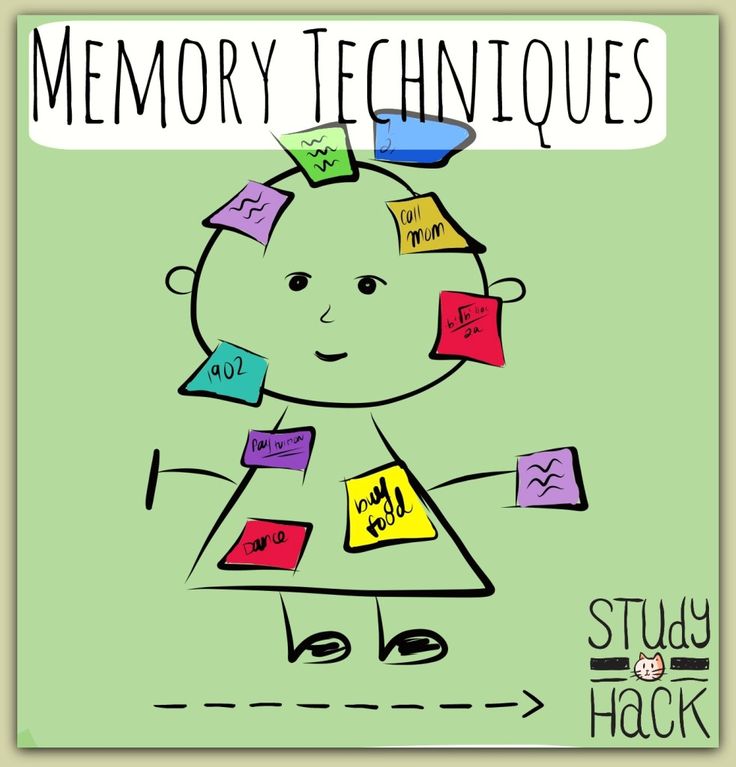 This could be done by changing the location where you study or studying at a different time of day. This will make it easier to recall information.
This could be done by changing the location where you study or studying at a different time of day. This will make it easier to recall information.
13. Get Enough Sleep
Research suggests that getting enough sleep is important for retaining information more effectively. It is, therefore, a good idea to take a nap after learning a new concept for the first time. Make sure that you also get enough sleep at night, as this can affect your energy levels for the next day.
14. Play Games
Playing games makes learning fun. You can use games to help you memorize facts, formulas, or even events. As you play the game, you will continue to revise the material again and again. You will also have fun socializing with friends while doing so!
15. Chunking
It is easier to memorize information by only learning a small chunk of it at a time. If you have to learn history, break up the course content into time periods. If you are learning a new language, then group words together into categories, such as household items or sports.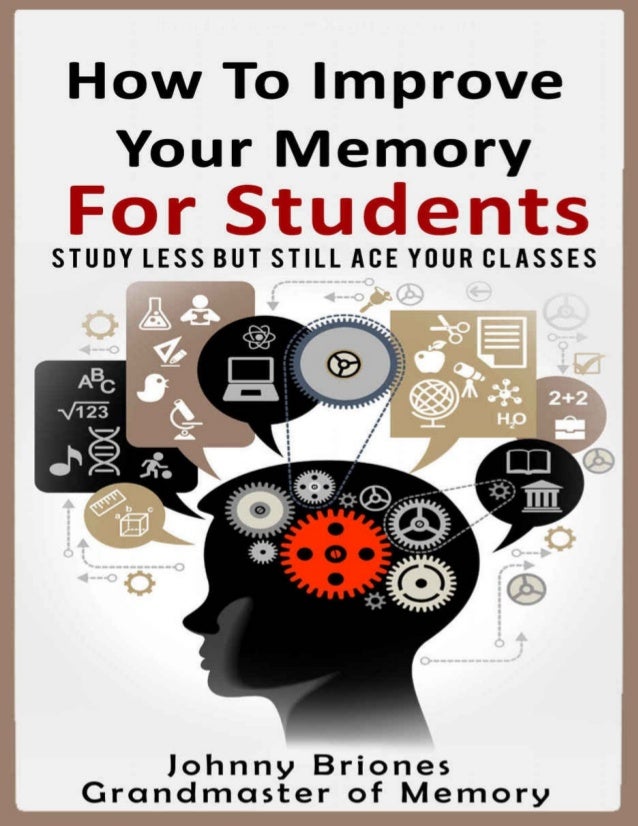
Even if there is no distinct pattern, break your study material up into smaller groups in order to make it easier to memorize.
16. Funny Sentences
If you find yourself needing to remember an unfamiliar word, use the letters that make up the word to form a silly sentence. By making a sentence that is easy to remember, you can, therefore, recall the letters of the difficult word that you needed to memorize. This technique will also help you to spell the word correctly.
17. Rote Rehearsal
This strategy involves repeating information in your head over and over again as you learn it. Often, this is done to remember obscure details such as phone numbers. This technique is typically used to store details in your short-term memory only.
18. Elaboration
This is whereby you try to remember a detail by assigning further meaningful information to it. A good example of this is where you need to remember a combination of numbers, and so you come up with ways to remember each digit. For example, one part of the number might be your year of birth, while another digit might represent how many children you have.
For example, one part of the number might be your year of birth, while another digit might represent how many children you have.
What Else Can You Do to Improve Memory Strategy?
Photo by
Craig Adderley from PexelsFor starters, you can do light exercise. This gives you a much-needed break from studying and helps you to keep up your energy levels. One study found that 10 minutes of light exercise resulted in improved memory for details and increased brain activity in young adults.
Mindfulness meditation is also believed to have cognitive benefits. This technique helps to boost people’s attention and increases the possibility for people to falsely recognize new words as words that they had seen earlier. This technique consequently increases feelings of familiarity with words.
Making sketches of what you have learned can also help you to remember it. This will make even detailed information more familiar.
Finally, you may benefit from learning music or another language. Studies show that musicians and bilinguals often require less effort to perform working memory tasks.
Enhance Your Memory and Reduce Memory Problems
Before enhancing your memory, it is important to understand how your memory works. This requires you to identify your specific memory strengths and weaknesses.
A good teacher should present information to students in different formats. If you do not receive it in different formats, however, you could always turn the information into the format that you learn from best, whether that’s visual, audio, or kinesthetic.
Paraphrasing information can also help you. This means that instead of learning the information word for word, you get the gist of what the information is about. One effective way to do this is by summarizing information on Post-It notes.
If you struggle with your working memory, staging can be an effective way to complete assignments. This involves focusing on only one aspect of work at a time. For example, if you are writing an essay, you may want to first jot down ideas, then organize them, and finally, attend to spelling and grammatical errors.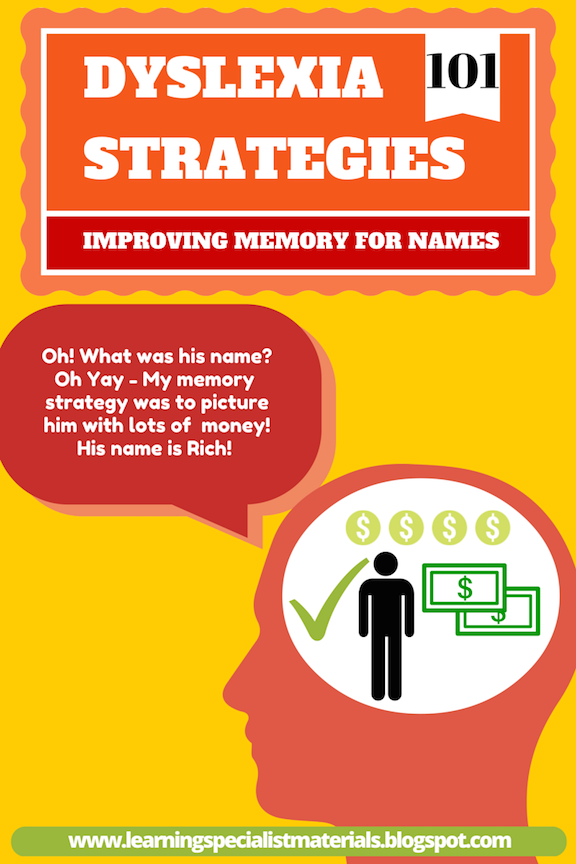
Reviewing your work before sleep is actually a method that helps to better remember information. This is because any tasks that you do between studying and sleeping disrupt the consolidation of information in memory.
You can also do self-testing. This is a useful way to practice important concepts, and get you ready for the test environment.
There is another strategy called overlearning. This is where you learn the information over and over until you can repeat the information without any errors.
Finally, it may be helpful to develop a unique strategy for approaching each task. This is because you may have received different types of course materials that appear in different formats, so different memory strategies may apply.
By applying the above memory strategies to your study sessions, you will be on the right track to preparing for tests more effectively!
8 ways to improve memory | RBC Style
Remembering the name of an actor or finding the keys left in the evening can sometimes be difficult.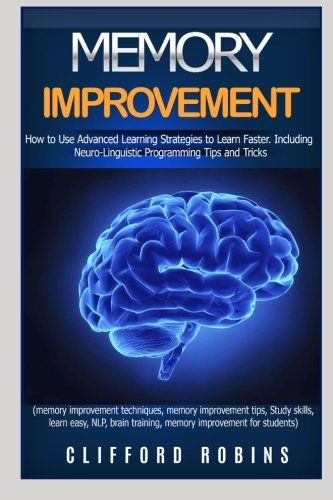 Retrieving the information you need from memory takes a lot of effort. Forgetting is a natural process that is designed to unload the nervous system from unclaimed information, to protect it from overstrain. But increased forgetfulness can significantly complicate life. It can be caused by lack of sleep, stress, addictions, or information overload.
Retrieving the information you need from memory takes a lot of effort. Forgetting is a natural process that is designed to unload the nervous system from unclaimed information, to protect it from overstrain. But increased forgetfulness can significantly complicate life. It can be caused by lack of sleep, stress, addictions, or information overload.
If this problem is not related to injury or illness, it is possible to solve it on your own. Memory can be developed and improved like any other ability. To activate its potential, regular classes are necessary, as in sports or music. And vice versa - in their absence, the ability of the brain to memorize will decrease. We talk about the most effective ways that will help strengthen memory and improve brain function.
1. Create associations and visualizations
Remembering something new will be easier if you connect the unknown with the knowledge you already have. The essence of the association method is to combine the known and the unknown into a single story, to mark new information with familiar markers. So the information received can be easily remembered and quickly reproduced at the right time. With the help of associative parallels, it is easy to learn road signs, passwords and dates, phone numbers and credit cards.
So the information received can be easily remembered and quickly reproduced at the right time. With the help of associative parallels, it is easy to learn road signs, passwords and dates, phone numbers and credit cards.
In 1980, the Olympic Games opened in Moscow, and 600 years before that, the Battle of Kulikovo took place. The number 5813 can be represented as a numerical expression 5+8=13. In this case, images are remembered even more efficiently. It is better if they are unusual and even absurd. For example, the figure eight resembles a woman with large hips and voluminous breasts, and the number five resembles a circus unicycle. Mentally draw a plump lady who buys such a bike and rides it around the city.
Such illustrations should be large, voluminous, in color and as detailed as possible. The skill of coding into visual images is trained and quickly automated. In the future, it will not be difficult to restore in memory both these images and the meaning that is embedded in them.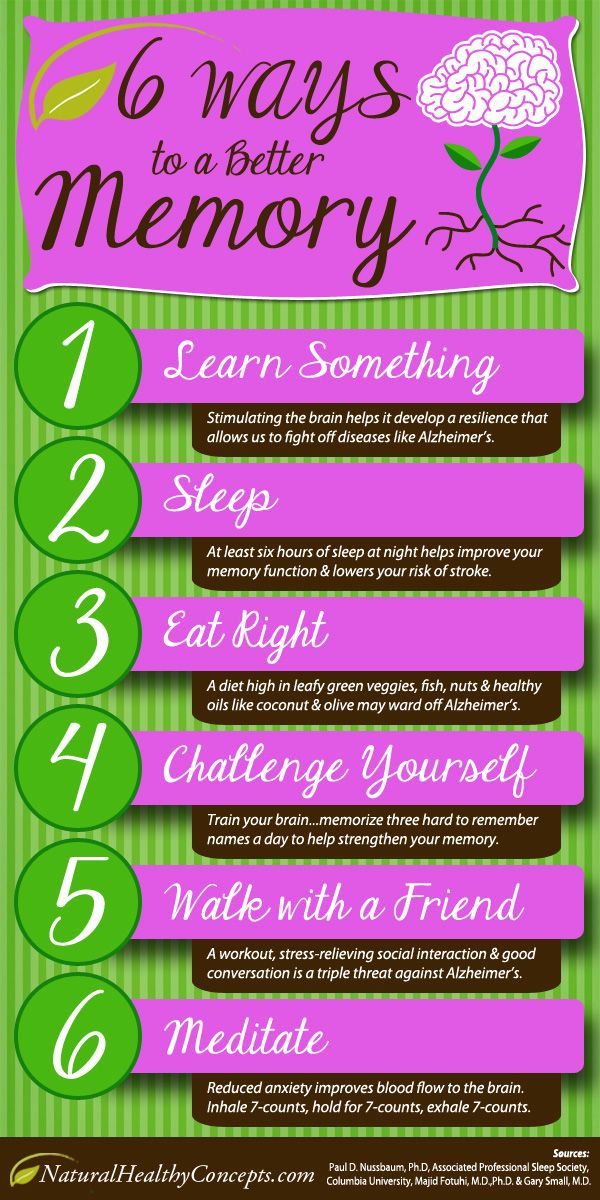 Once again, putting the keys in one place or another, imagine how a flower blooms here. In the morning you will definitely not forget exactly where the flower grew in your house, and you will quickly find the right thing.
Once again, putting the keys in one place or another, imagine how a flower blooms here. In the morning you will definitely not forget exactly where the flower grew in your house, and you will quickly find the right thing.
© Master Wen/Unsplash
2. Learn poetry and read aloud
A time-honored method is memorizing poems. This is not about mindless cramming, but about understanding the meaning, its conscious perception. Make it a rule to study one short piece every week. Gradually increase the amount of material. It will be easier to remember it if it is divided into several parts in advance and taught in quatrains. You can do this anywhere: at lunch, while walking or in transport. Don't be afraid of lots of repetitions. Over time, you will notice how it takes less and less time to memorize.
The effect will be even better if you take the works of those authors whose collections do not arouse your interest. To learn such verses, more strength is required.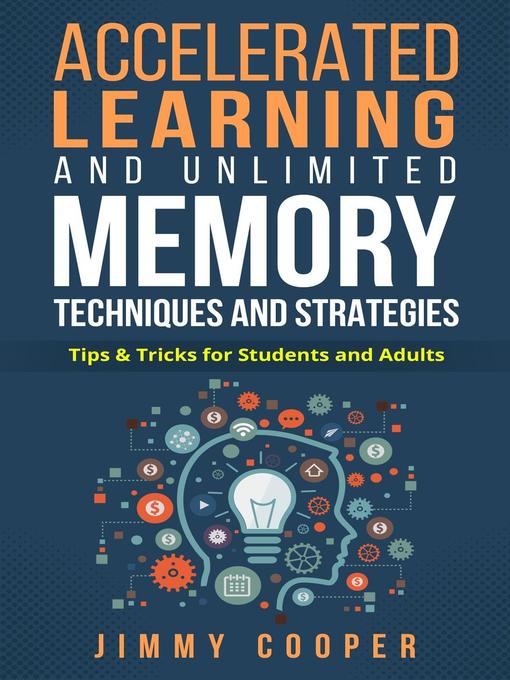 Try to delve deeply into their content and reflect on the artistic techniques that the author used. Poetry can be recited in front of a mirror or written down from memory. It is equally helpful to read aloud. This improves diction, intonation and develops auditory memory. If you don't like poetry, learn the lyrics.
Try to delve deeply into their content and reflect on the artistic techniques that the author used. Poetry can be recited in front of a mirror or written down from memory. It is equally helpful to read aloud. This improves diction, intonation and develops auditory memory. If you don't like poetry, learn the lyrics.
© Kinga Cichewicz/Unsplash
3. Try to remember what you forgot
You don't have to take a shopping list before you go shopping. On the one hand, such a list will help not to miss anything and at the same time not to buy too much. On the other hand, its absence will have a positive effect on the state of memory. Don't buy something this time - there will be an incentive to better remember the items from the list and keep them in your head for the next trip. Forgot someone's name, phone number, password, or ingredients in a recipe? Try to remember. Take the time and take a few minutes to do this, instead of looking for the answer in your smartphone or address book. This is great for enhancing memory.
This is great for enhancing memory.
© Andrej Lisakov/Unsplash
4. Learn foreign languages
You can learn poetry and songs not only in your native language. If you don't know a foreign language, start learning it. This is one of the best ways to activate brain cells and expand your memory capacity. If you memorize a few words every day, then after a couple of months you can feel a noticeable result. Learning a new language develops the ability to structure, analyze and remember information. In addition, it is a good prevention of age-related diseases. For example, Alzheimer's disease. The most popular way to memorize foreign vocabulary is cards with words and expressions. This technique is based just on visual associations.
© Florencia Viadana/Unsplash
5. Recall the events of the day
Another way to activate memory is to plunge into the past day and remember all its events. Before going to bed, try to restore fragments of dialogues, images of people, their facial expressions and gestures, every phone call and meals that your diet consisted of.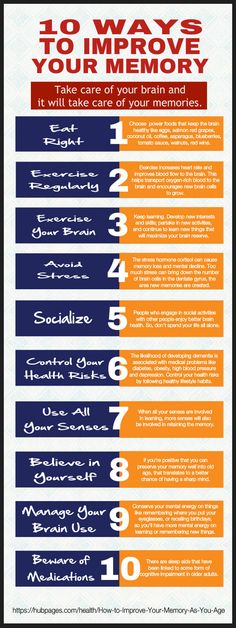 Try to recreate the sequence of all actions from the moment you wake up. Present these pictures in as much detail as possible. It is important to connect the imagination, visual, auditory and olfactory memory.
Try to recreate the sequence of all actions from the moment you wake up. Present these pictures in as much detail as possible. It is important to connect the imagination, visual, auditory and olfactory memory.
If it's boring to remember the day in the form of imaginary illustrations, start a diary and regularly describe events on paper. The same is recommended to be repeated with watched films. After the next movie show, scroll through the story in your head again. Remember not only the main points, but also the dialogues of the characters, the details of their clothes, the interiors of the filming locations. It is even more useful to retell the content of films, performances, read articles and books to your friends. This not only trains memory well, but also develops speech, enriches vocabulary.
© Erik Witsoe/Unsplash
6. Play mind games
It can be puzzles, chess, backgammon, sudoku, poker, various puzzles and puzzles. Intellectual games activate the brain, train memory and attention.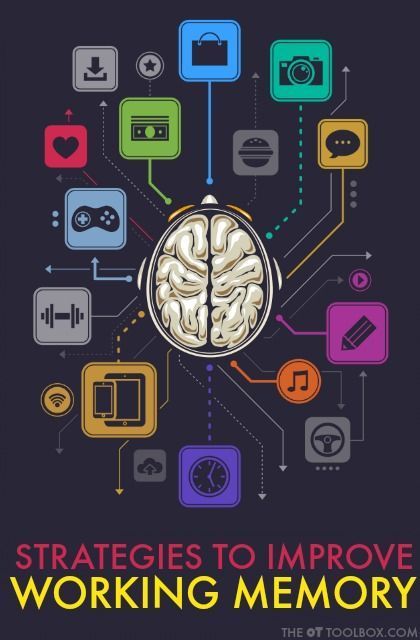 It is equally important to perform memory exercises and reaction speed. Choose a complex that will be interesting and convenient for you. This approach will set you up for systematic execution and help you get results faster. Learned how to solve Japanese crosswords - switch to a new puzzle. The brain gets used to solving the same type of problems quickly enough.
It is equally important to perform memory exercises and reaction speed. Choose a complex that will be interesting and convenient for you. This approach will set you up for systematic execution and help you get results faster. Learned how to solve Japanese crosswords - switch to a new puzzle. The brain gets used to solving the same type of problems quickly enough.
Close your eyes and try to describe the location of all the objects in the room. Now throw a handful of matches on the table and look carefully to remember their order. After that, take a picture of the matches and mix. Your task is to recreate the composition. For the development of visual memory, it is useful from time to time to perform ordinary activities with a blindfold or closed ears. In addition, on the Internet you can find a lot of applications that are aimed at developing memory and attention. For example, the electronic version of the pictures "Find differences".
© Maarten van den Heuvel/Unsplash
7.
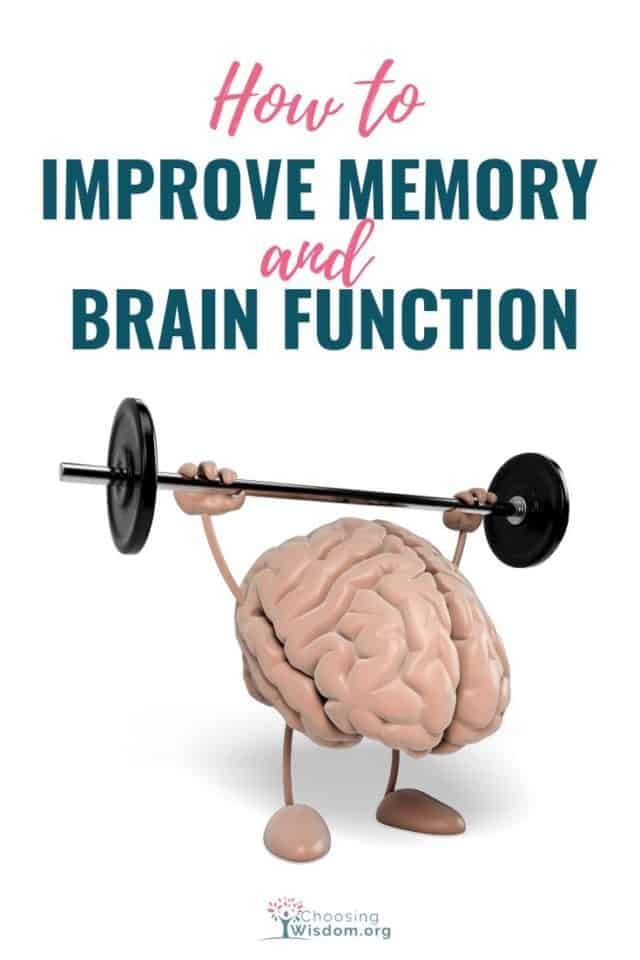 Change your route
Change your route Do you always take the same route to work? Change route. Even if it is more convenient and shorter. The brain needs constant variety and new experiences to function. At the same time, try to mark around you any minor details, the clothes of passers-by, the filling of shop windows, signs, houses and shops. You can count the number of pigeons, red cars, or objects that begin with a certain letter. Non-standard actions, unusual sensations and smells provoke the emergence of new neural connections and affect the processes of memorization.
For the same reason, it is recommended to introduce new habits more often. Start brushing your teeth with the other hand, or do the traditional morning rituals in a different order. Traveling is no less useful for strengthening memory: try new dishes and products, discover unfamiliar places, visit exhibitions and museums, listen to new music more often. The processing and comprehension of such information from the brain will require additional resources.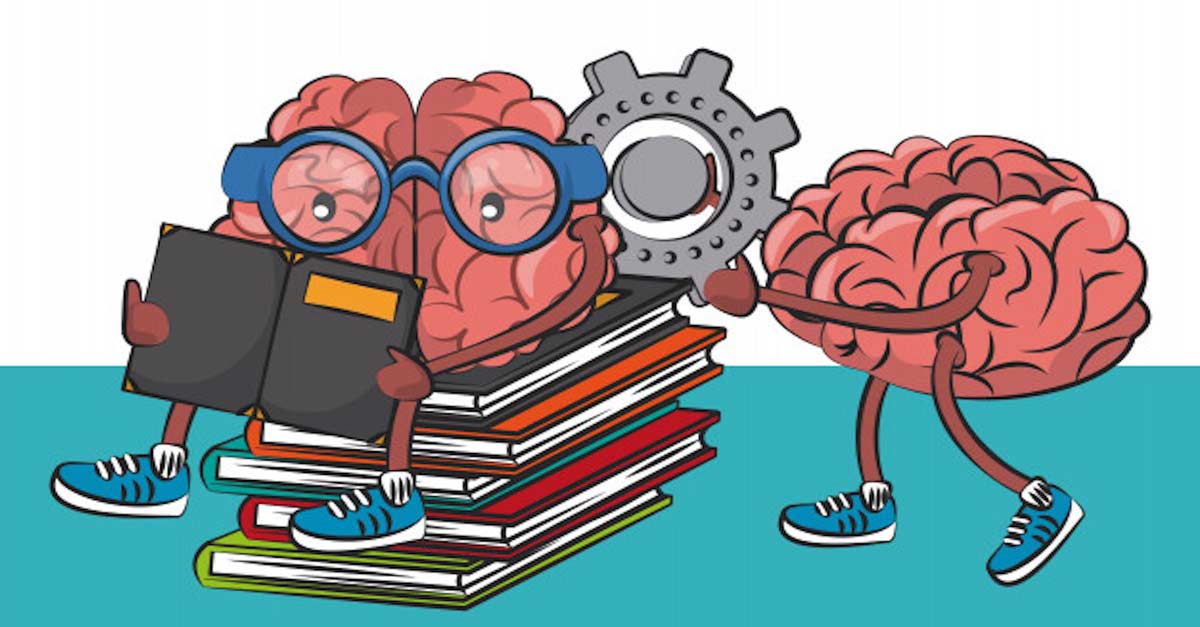 In addition to positive emotions and broadening one's horizons, such activities develop spatial memory.
In addition to positive emotions and broadening one's horizons, such activities develop spatial memory.
© Marc Kleen/Unsplash
8. Live a Healthy Lifestyle
Fresh air, exercise and adequate sleep are essential factors for memory to function properly. Daily ventilation of rooms and walks in the fresh air saturate the blood with the necessary oxygen. And thanks to physical activity, vascular tone improves and cerebral circulation is activated. Choose the sport you enjoy. The state of the memory also depends on the power supply. Include plenty of nuts, hard cheese, eggs, fatty fish, vegetables and fruits in your diet.
© Marion Michele/Unsplash
On the contrary, alcohol and tobacco smoke destroy brain cells. Including those that are responsible for memory.
How to improve memory
- Material Information
- Social Psychology
- Views: 7904
- Previous article How to control anger
- Next article Uneven steps
Set font
- Size
- Style
- Reading mode
Improving memory is not only possible, it is also interesting.
In this book, methods and techniques for improving memory are offered in a playful way and involve the imagination.
Mnemonics (memorization techniques) is a system of strategies, techniques and tools for improving memory productivity. Many of these techniques have been developed by professionals in the field: neurologists, psychologists, winners of world memory championships. If used correctly, you will certainly get a positive result (of course, only if you do not suffer from any serious disorder).
There are various methods for improving memory: link diagrams, or associative maps, Dominic O'Brien's system, Loki's method, Bizua's method, Stengel's method*. This book does not reproduce any of these methods, but only gives tips and keys to increasing the potential of memory.
We did not include anyone else's method in the book because most of them are for older people or those with clearly neurological problems.
Although mnemonic methods help people who need to memorize long lists or texts (for example, actors), they are not so useful in everyday life.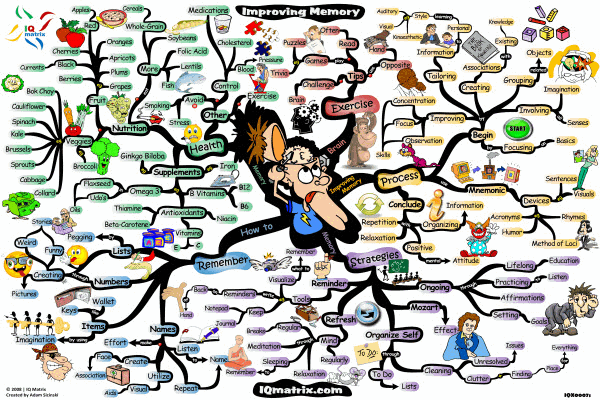 The weak side of mnemonics is its complexity. Often the content to remember is overloaded with details.
The weak side of mnemonics is its complexity. Often the content to remember is overloaded with details.
Everyone develops the best method of memorization for himself, so the book gives only the key ways to form a good memory. All people unconsciously use different memory strategies, but to improve your memory, the most important thing is to know the principles of these strategies and use them regularly.
* The mind map, also called mind map , thought map or associative map, is a way of depicting the process of general systems thinking using diagrams. Dominic O'Brien's system is to memorize information by creating associative chains of vume. The "loki" method, or method of places, is to associate information with certain places in order to remember information, creating a kind of route that will be easy to remember. Note. ed.
Attention
Attention and memory are closely related. Without attention it is impossible to remember anything.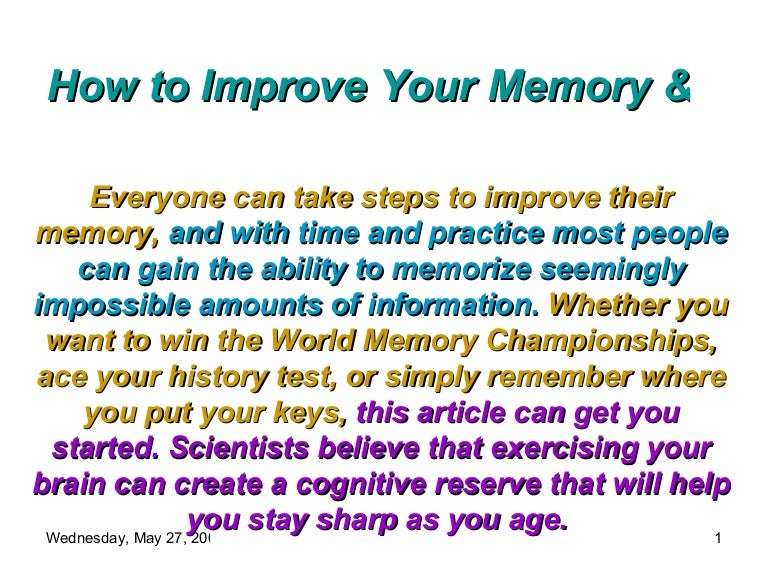 The most common reason for forgetting is distraction. For example, instead of focusing on remembering, we often think far away.
The most common reason for forgetting is distraction. For example, instead of focusing on remembering, we often think far away.
A good environment requires a good concentration of attention. With insufficient concentration, information will not be assimilated and will not reach the memory store.
So, repeat: without attention it is impossible to remember anything . No strategy will work here.
Organization and planning
Organization is critical to memory. Regrouping, classifying, structuring information are all ways of organizing it.
In addition, it is necessary to link the information with the knowledge already acquired. The better the information is organized, the easier it is to memorize (learn) and recall.
In addition to being the basis of memorization techniques, ordering is also a mnemonic method .
Organization creates a system and reduces stress, which, as you know, is the main enemy of memory.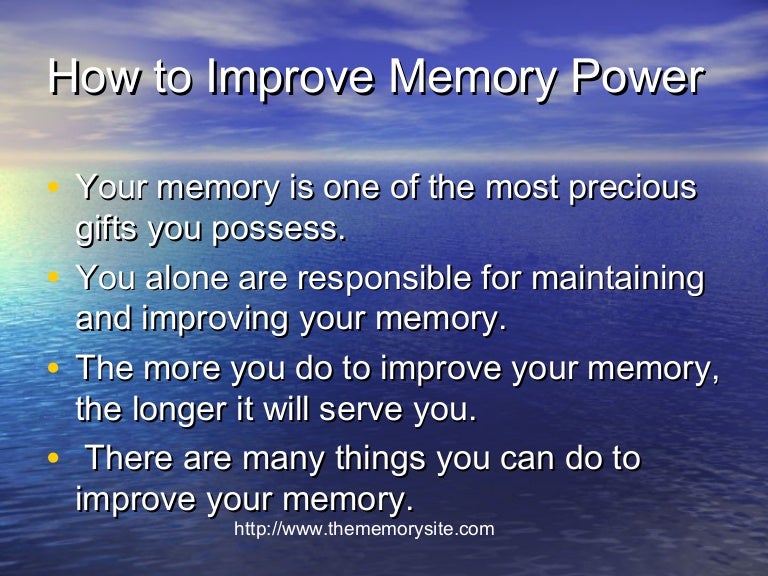 Discipline is the key to success in everything, and memorization is no exception.
Discipline is the key to success in everything, and memorization is no exception.
Be organized: always put things you use often in the same place. The outer order is the inner order.
In order to retrieve memories at the right moment, memory needs to store them in an organized manner .
If you organize your life, you organize your memory.
Meaningful learning
It is well known that memorizing and then repeating like a parrot is not an effective way at all. And it's really true. To keep information in memory, you need to understand what is at stake. After all, understanding is the basis of memory. Incomprehensible ideas are quickly forgotten.
Therefore, to improve memory, you need to realize the meaning of what you are going to remember . The way to ask questions to yourself helps with this .
Interest, desire, inspiration and willpower
The value of information is also important for memorization.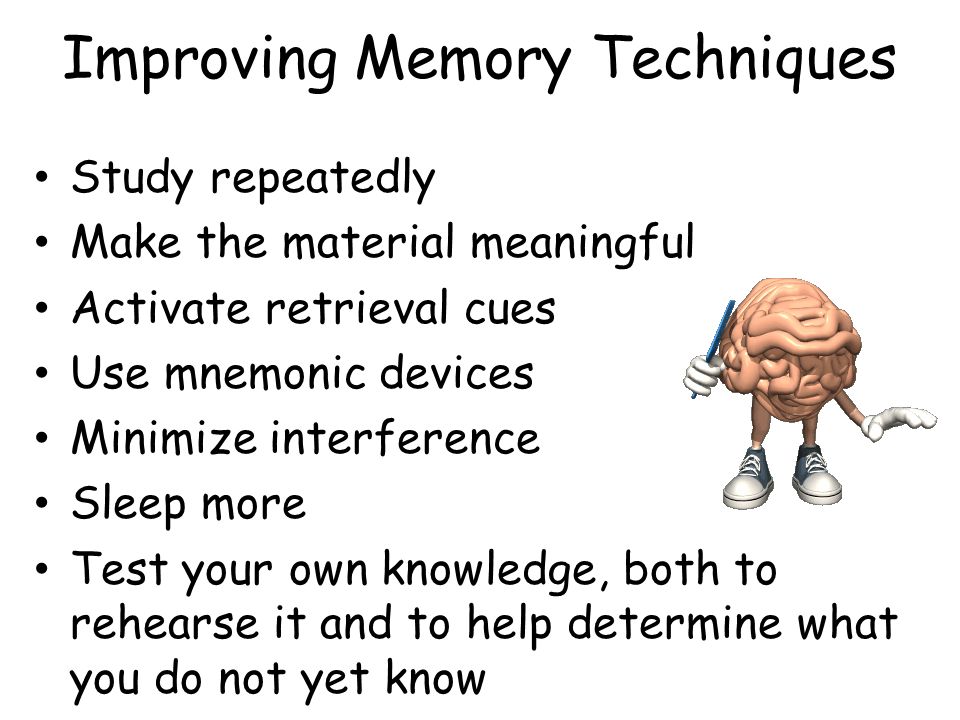 Any event you personally experienced is remembered better than what you learned from a book. However, interest and desire also matter.
Any event you personally experienced is remembered better than what you learned from a book. However, interest and desire also matter.
To remember something, you must really want it ; otherwise, nothing will happen .
Visualization and feelings
Mental images play an important role in remembering information. The image is retained in memory much better than the word.
Therefore visualization is used to memorize verbal material with the help of the emotional component of visual associations .
Although all the senses are important, sight is the first of them.
You can look at something in different ways - for example, carefully and in all details, fully aware of what you are doing at this moment and what you are looking at. This is much more effective than trying to remember something by looking at it only out of the corner of your eye, briefly, in general terms.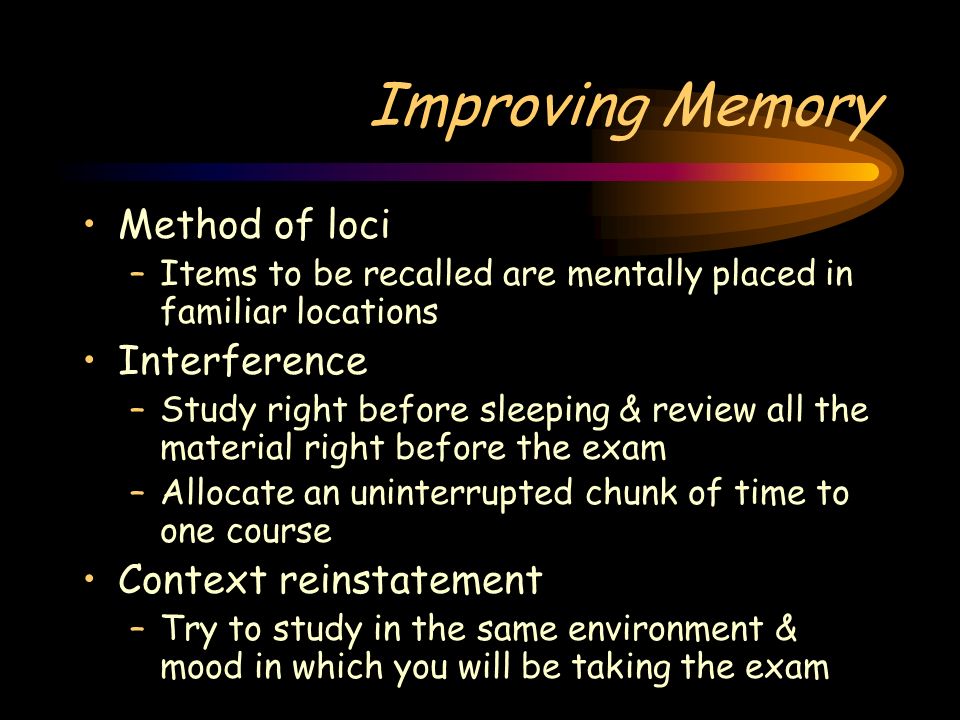
So, the brain analyzes environmental signals with the help of different senses: sight, hearing, smell, touch and taste. Information received from all sensory systems is better remembered .
Associations: creating links
Creating associations allows you to establish a relationship between people, objects, images, ideas, to find something in common between them. All people associate objects and phenomena with their experience. For this connection to be effective, it must be meaningful, meaningful to the person.
For better memorization, you should use the method of associations, creating permanent links between objects and ideas. Some associations occur naturally and do not require thought, while others will require imagination. This technique is very effective for storing and reproducing information, because it is closely related to the imagination, which allows us to turn words and ideas into images; and images, as we have already said, are much easier to remember.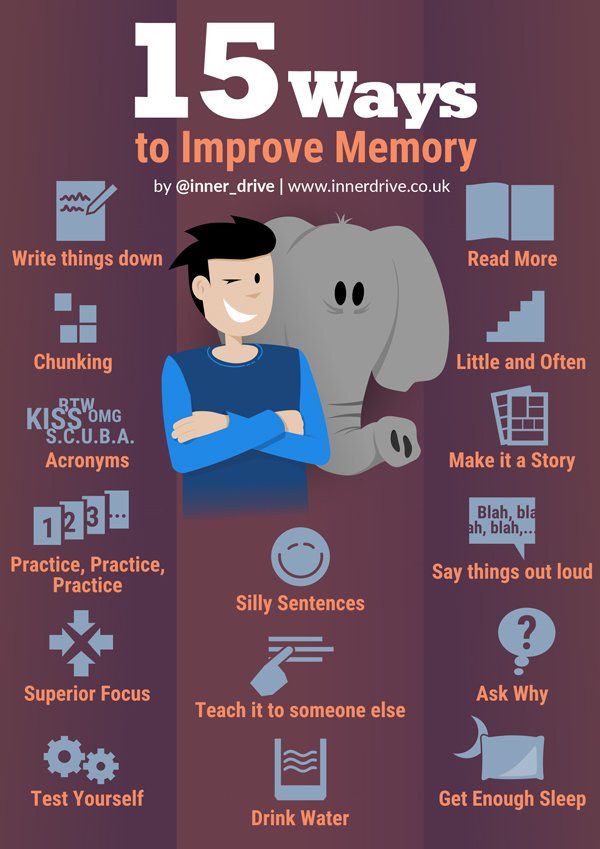
Try perform the exercise suggested below. Here is a list of twenty surnames*. Before memorizing them, read each surname and correlate it with some way. You will see how easily and effortlessly they will be remembered.
Krasnov
Kuznetsov
Obozovin
Rosters
ROCHKIN
Chernov
Kuzmin
Brownie
Muromsky
Huts
Gorenko
gunsmiths
Popov
Tkachn0237 Spassky
Prorekhin
Moskvin
* The original Spanish surnames have been replaced here with Russian equivalents for better memorization. Approx. lane .
Location in space
You must have lost your keys or any other item in your apartment at least once in your life. What did you do? They probably mentally repeated the entire sequence of their actions up to the discovery of the loss. So you tried to remember where you put them. The position of an object in space is important for memorization.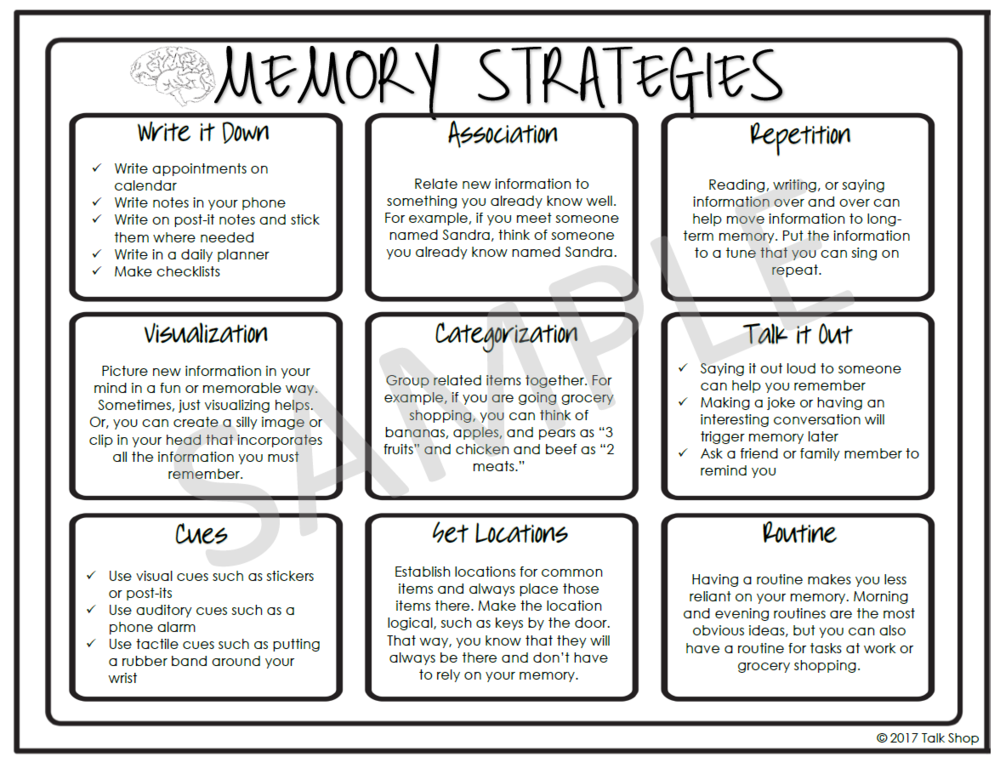 This mnemonic device existed in the era of the ancient Greeks and Romans; it was described by the ancient Roman philosopher Cicero.
This mnemonic device existed in the era of the ancient Greeks and Romans; it was described by the ancient Roman philosopher Cicero.
We invite you to perform an exercise based on the polygonometric method .
So, imagine a real familiar space or route: let it be the path from your home to the subway, office or shopping center. Clearly identify ten places or streets located on it.
Draw them if necessary. Now mentally place each word on one of these places and go around the space to make a mental map of the area. You will see how easy it will be for you to remember these words later.
millimeters
revolver
car
hypothesis
manuscript
elephant
evidence
dwelling
writer
interlocutor
Logic
If you find a logical connection between different elements, it will be much easier to remember them. If you need to memorize a long number, like 10,378,695, you can think like this:
- 10 is the same as the sum of 3 and 7 - the first pair of digits;
- 8 and 6 follow, between them there is 7, making 6, 7, 8 in a row, rearranged;
- and the last pair of digits is 9 and 5, which can be represented as the sum of 8 + 1 = 9 and the difference of 6-1 = 5.
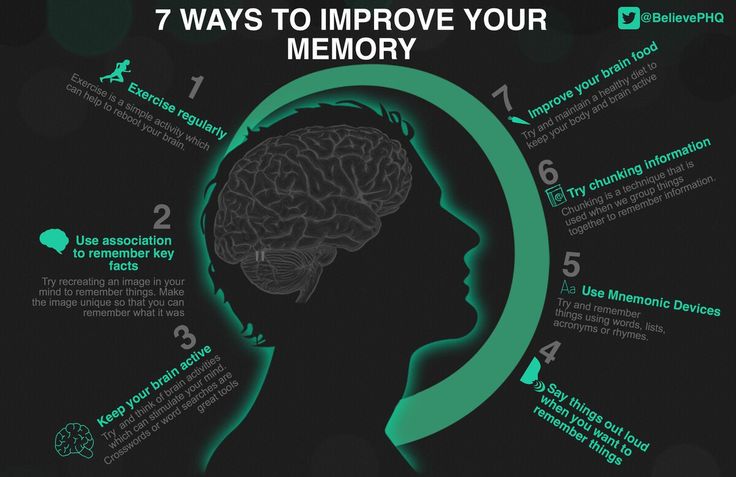
Categorization, rearrangement, structuring and subdivision
Categorization, rearrangement, and structuring are ways of organizing information. Finding order where there seems to be none is a great memory technique.
For example, if you divide your shopping list into groups of items according to the stores where they are sold, it will be easier for you to remember it. Remembering a number of seven digits is much more difficult than a phone number, the numbers in which are divided into groups of two or three characters.
Dividing information into separate fragments helps memorization. It is better to remember everything that can be divided into parts .
Give context
As a rule, when assimilating information, one also remembers the moment and place in which the memorization occurs. We've all had occasion to greet someone on the street, although we couldn't remember how we knew him.
To remember better, you need to associate what you remember with a specific context .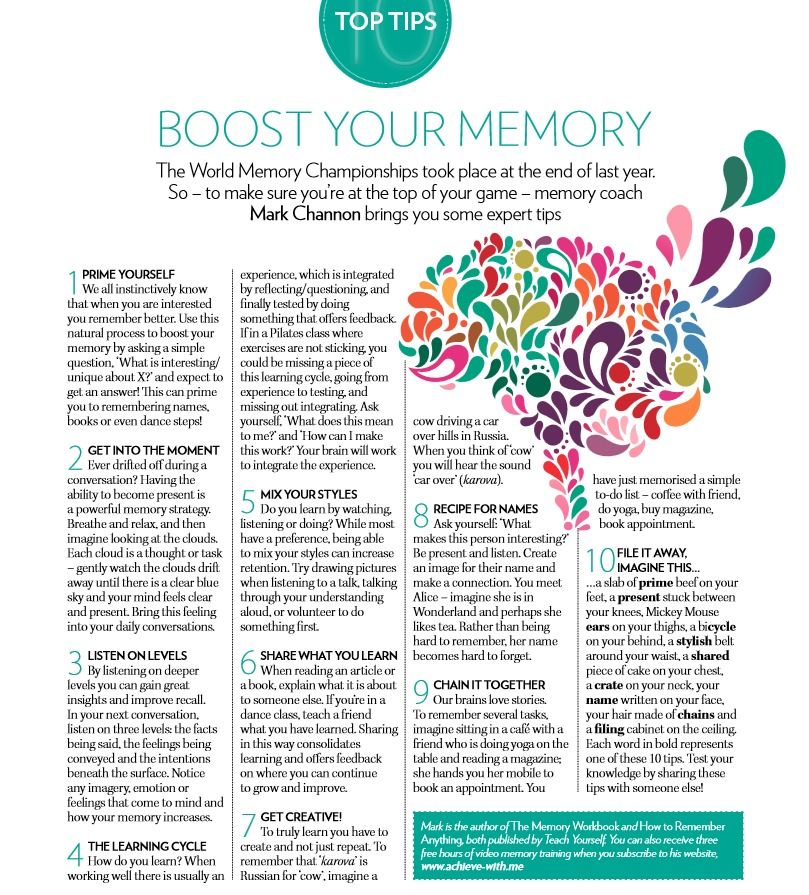
Information memorized in context is better remembered if context fragments are present during recall .
Extravagance
Any unusual, strange, unlike anything else or absurd thing is remembered better than the usual .
For example, color and movement help to fix information in memory .
Movie content is much easier to remember than books, text underlined with colored lines than regular text.
Use colorful accessories - for example, put a ring on the other finger or tie a knot on a handkerchief.
Repeat
Repetition, verification and multiple reproduction of information significantly improve memorization .
Repetition is a classic way to reinforce learned material. If a rhythm or a cheerful melody is added at the same time (for example, a song or a poem for studying the multiplication table), then it will be easier to remember the information.